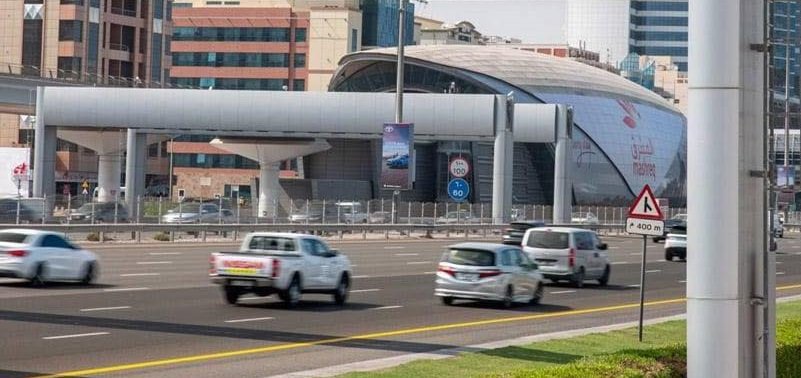Kuwait has announced sweeping reforms to its traffic laws, shifting away from prison sentences and monetary fines for violators to a system of mandatory community service. The initiative was unveiled by the Ministry of Interior on Sunday as part of efforts to promote civic responsibility, rehabilitation, and social contribution.
Community Service as Alternative Sentencing
Under the new rules, traffic violators will be assigned tasks such as:
- Cleaning mosques and arranging Qurans
- Sweeping streets and removing beach litter
- Planting trees and painting curbs
- Assisting at hospitals and petrol stations
- Supporting special needs centers and schools
- Documenting electricity meter data
Courts will also have the authority to order offenders to repair damages, participate in road safety campaigns, work with civil defense units, or contribute to social institutions.
Focus on Rehabilitation and Civic Duty
The updated regulations stem from the 1976 traffic law, now modernized to allow courts to impose alternative sentences that focus on rehabilitation rather than punishment. Additional corrective measures may include:
- Attending behavioral therapy to address reckless driving
- Distributing food and charity donations
- Joining environmental awareness drives
- Participating in training workshops
According to officials, these reforms are intended to instill a greater sense of civic duty while reducing recidivism among offenders.
Implementation and Oversight
The Ministry of Interior confirmed that the program will be carried out in collaboration with government bodies, civil society, and non-profit organizations. The General Traffic Department will oversee the execution and monitoring of community service assignments.
The new penalties will officially take effect one month after their publication in the official gazette.
A Step Toward Safer Roads
By emphasizing community rehabilitation over punitive action, Kuwait aims to enhance road safety, reduce repeat violations, and engage citizens in meaningful public service. Analysts believe this reform could set an example for other countries in the region looking for alternatives to conventional traffic penalties.
Disclaimer: This article is based on official announcements by the Kuwaiti Ministry of Interior. Implementation details and specific enforcement procedures may evolve following the publication of the law in the official gazette.






